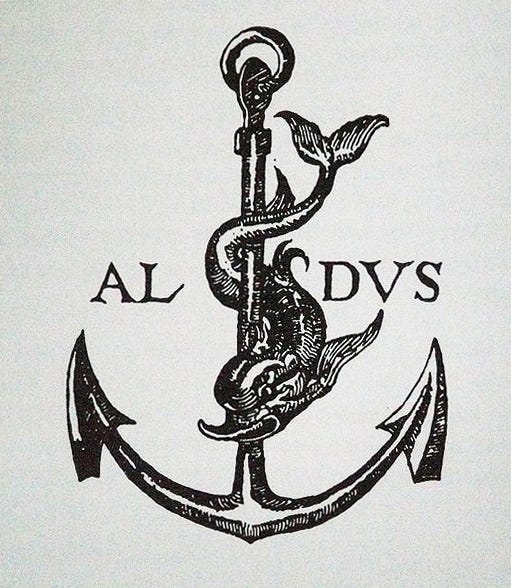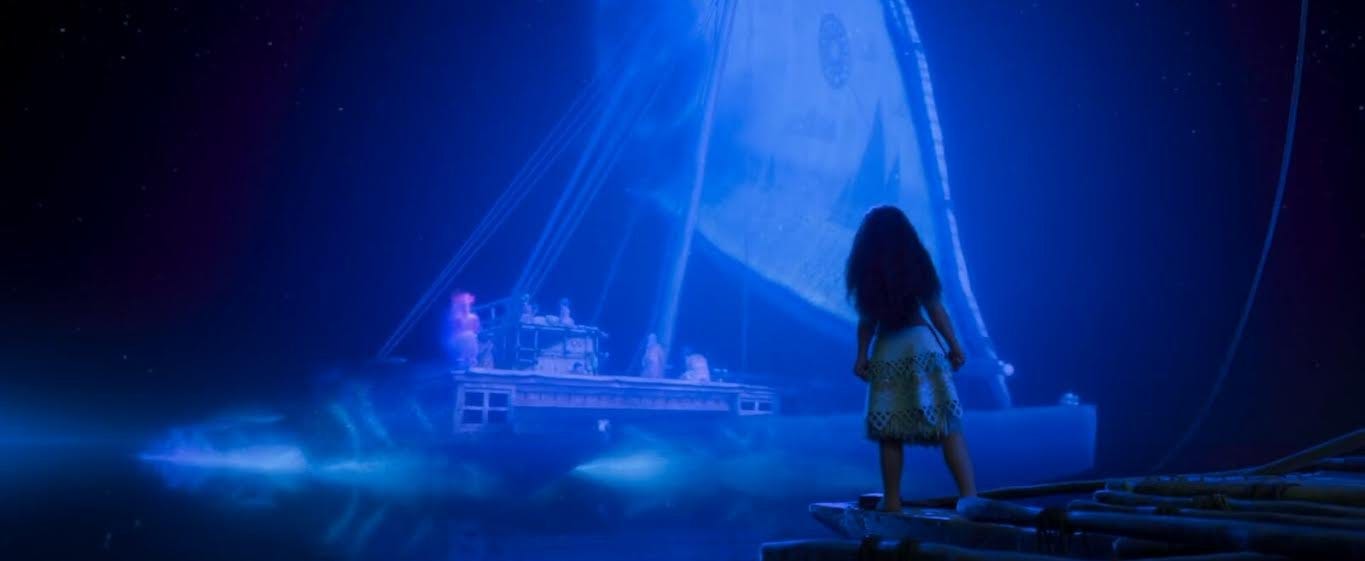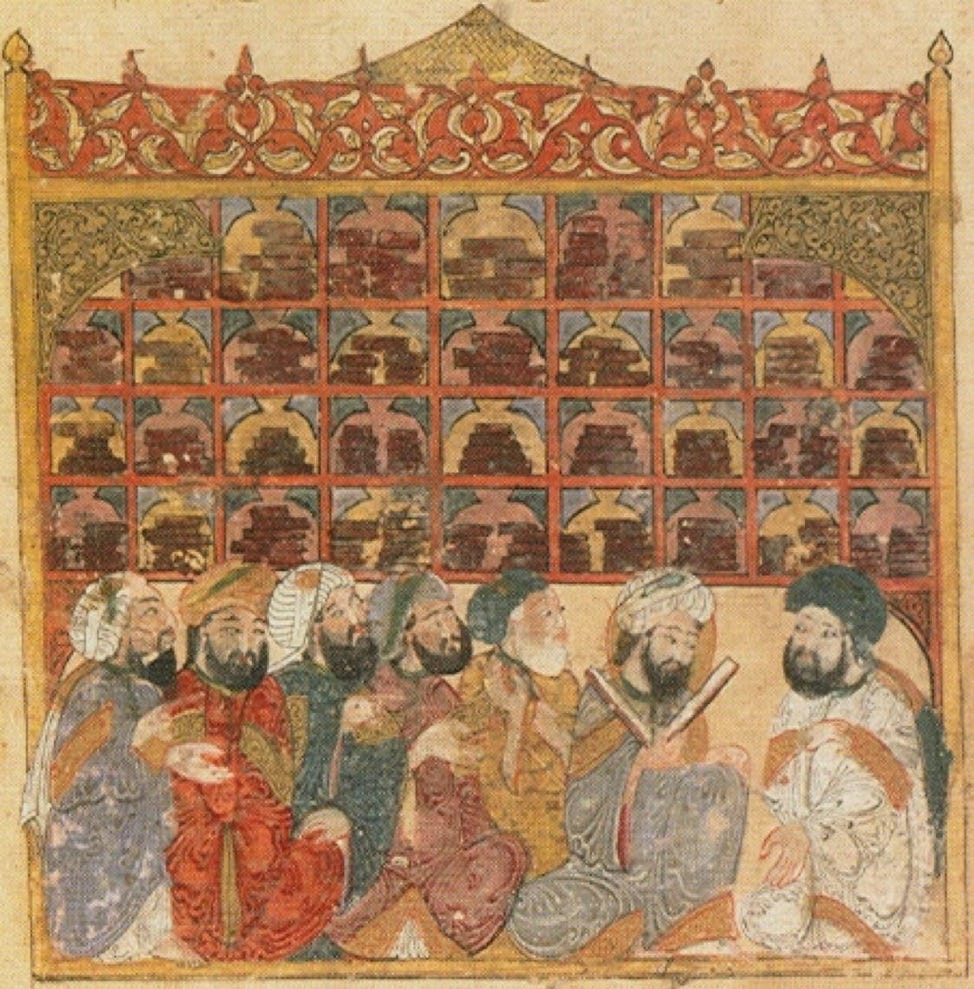We were voyagers
On Nietzschean historical sense: the happiness to know oneself in a manner not entirely arbitrary and accidental, but grown out of a past
"You think you are alone, and as the years go by, if the stars on your side, you may discover that you are at the center of a vast circle of invisible friends whom you will never get to know, but who love you. And that is an immense reward." – Jorge Luis Borges (1976)
the library ethos
I would’ve been about 7 years old when I started frequenting the public library as a child. I had my own library card, and I’d borrow my mother’s and my brother’s too, and I’d happily carry out tall stacks of books with me and start reading them on the bus on the way home.
I remember reading about volcanos and dinosaurs and plate tectonics, about the Saturn V rocket, and carnivorous plants, and ancient civilizations. I remember being enthralled by the Pyramids and the Colosseum, the hanging gardens of Babylon (fun fact: turns out they were probably likelier to have been in Nineveh), the Colossus of Rhodes, great feats of architecture that seem to have been conceived and constructed in a completely a different world than the one we inhabit today. And while I was sitting in class ignoring some poor teacher droning on about the basic details of fractions or photosynthesis, I was often daydreaming about the pantheons of ancient mythologies, wondering how our own present-day religions related to them, wondering what it all meant, what it was all about.
While the newspapers were littered with mind-numbing headlines about how the economy was doing that quarter, I’d be thinking about Benjamin Franklin’s eclectic experiments with electricity, Charles Darwin’s frenetic journalling, all these great many projects of humanity’s joyous, janky tinkering. I strongly remember feeling a deep sense of kinship with Abraham Lincoln’s idealistic struggles while reading Doris Goodwin’s A Team Of Rivals under the table while disregarding my math lectures in junior college. And I remember having a spiritual reawakening when, serving in the military, I read fervently about Carl Sagan’s life, and how he inspired millions to become the scientists and engineers who would help make tomorrow come.

the rhizomatic trade routes of knowledge
I promised my childself that I would be publicly honest about the truth of my experience. And the truth is that I’m far from the first person who’s like me. That’s the delight! That I’m not special. That I’m not alone. There have always been people like me.
After arguing about it for years, both with myself and with others, I’ve come to truly realize that it’s just straightforwardly true I’m part of a much bigger tapestry of human curiosity than myself. And the more I investigate, the obvious it becomes that these ancient, rhizomatic trade routes of knowledge spans thousands of years; earnest beacons of light speckled across the entire planet.
Just think of how the torch has been passed, from the ancient Athenians– who laid the groundwork for philosophy, democracy, and scientific inquiry before being devastated by the Peloponnesian war– to the Baghdadis in the House of Wisdom, who had learned papermaking from Chinese prisoners-of-war… I don’t quite have the time to map out more of the beautiful, intricate webs of dissemination right now (actually – I might attempt some of it it over the course of this Substack), but let me say it’s a truly marvellous thing to even contemplate. For me, tracing my fingers along the histories of human knowledge is enough to bring me to tears. How earnestly, how hopefully our nerd ancestors transmitted their precious scrolls and texts to each other, translating them from language to language, while entire civilizations collapsed around them!
“Do not disturb my circles,” Archimedes allegedly said to the Roman soldier who killed him during the siege of Syracuse (213-212 BC). They may have murdered you, dearest Archie, but rest assured we will absolutely keep your circles alive.
“Sometimes it seems as if it is an obstinate lack of understanding which keeps individuals, as it were, screwed tight to these companions and surroundings, to this arduous daily routine, to these bare mountain ridges, but it is the most healthy lack of understanding, the most beneficial to the community, as anyone knows who has clearly experienced the frightening effects of an adventurous desire to wander away, sometimes even among entire hordes of people, or who sees nearby the condition of a people which has lost faith in its ancient history and has fallen into a restless cosmopolitan choice and a constant search for novelty after novelty. The opposite feeling, the sense of well being of a tree for its roots, the happiness to know oneself in a manner not entirely arbitrary and accidental, but as someone who has grown out of a past, as an heir, flower, and fruit, and thus to have one's existence excused, indeed justified, this is what people nowadays lovingly describe as the real historical sense.” — Friedrich Nietzsche, The Use and Abuse of History (1874)
a switchboard for earnest nerds
I’m increasingly certain that there are others like me in the world, alive right now, quietly suppressing themselves for social reasons. I hear from more of them every month. They suppress themselves because they don’t personally know of any House of Wisdom that they could attend to fully be themselves in. Because the scale and scope of their interests don’t quite correspond with that of those of the people around them, and they don’t know if it’s worth opening up about their inner truths – because they believe, accurately according to their past experience, that the likeliest outcome is that people will misunderstand them. A confused “huh?” is often the best you can hope for. Far better than being mocked, insulted, laughed at, dismissed.
Over the years, I’ve increasingly developed a sense of lightness, clarity, courage and conviction in realizing that these are my people. That when I’m writing for the younger version of myself, and the future versions of myself, I’m writing for them. For us. All of us. I’m a me, but I’m also a we. And there is a deep kinship in that, a deep sense of belonging. And I have decided that I am willing to endure any amount of mockery and misunderstanding from the people who don’t get it, to be a bridge to the people who do. Because more than anything else, that is what I wish I had in my life. A space to understand and be understood. I found it first mainly in books. I have since found it in like-minded nerds. And I hope to share it with literally anybody else who wants it (as long as they’re able to treat one another with kindness and respect, which is admittedly too high a bar for some people.)
✱ ✱ ✱
“The past is never dead. It's not even past. All of us labor in webs spun long before we were born, webs of heredity and environment, of desire and consequence, of history and eternity. Haunted by wrong turns and roads not taken, we pursue images perceived as new but whose providence dates to the dim dramas of childhood, which are themselves but ripples of consequence echoing down the generations. The quitodian demands of life distract from this resonance of images and events, but some of us feel it always.” – William Faulkner (1951)
In Human, All Too Human (1878), Nietzsche wrote: “Direct self observation is not nearly sufficient for us to know ourselves: we need history, for the past flows on within us in a hundred waves. Indeed, we ourselves are nothing but that which at every moment we experience of this continual flowing.”
to know ourselves; we need history, for the past flows on within us in a hundred waves
It’s clear to me now that a significant part of why so many people in the world today are so chronically listless, distracted, confused, overwhelmed, bored, alienated and so on is that they have no sense of their own history. I don’t mean that they don’t know a bunch of facts and figures. I mean that their history is not embodied and internalized as living practice. They do not feel the past flowing on within them in a hundred waves. Museums are graveyards of history – pretty ones, sure, and great for visiting and learning from, but they are hardly enough to nourish a person’s soul. Remember, as Faulkner said, the past is never dead, it is not even past.
Even in Singapore, where I’m from, I think it’s fair to say that as the decades have gone by, our mainstream consciousness has increasingly dismissed ancestor worship as something archaic, and silly-superstitious (which, to be fair, it can be), and probably most damning of all, rather unfashionable. And I don’t think it’s inaccurate to point out that the vacuum has been filled by superficial consumerism and farcical status games.
And I ask, where’s the glory in that? Look, I’m not exhorting people to be better people in some deeply moral, virtuous, noble way – I know that’s unrealistic. I’m saying, it would be cool if we could take a few moments to extricate ourselves from shallow games so that we can play more compelling ones.
And to be clear I’m not saying that everything would be resolved if we simply decided to start worshipping our ancestors again. I don’t believe that the people of the past were perfect saints. I also do see how certain forms of so-called worship can calcify, becoming tedious, dogmatic, soulless, even outright profane. It’s not unheard of people who go to their ancestors’ graves primarily to ask for winning lottery numbers. You could say, well, that’s just humans being humans. I suppose that’s true. But I also think that it’s an absolute shame, to dim the tremendous, beatific splendour of human experience into a shallow game of trinkets, tinsel, and epaulettes. Ya’ll are welcome to live like that if you want, but personally I think life can be glorious – yes, even when we’re talking about the stodgy old codgers we call our parents and ancestors.
leaders help contextualize people’s lives
Two of the greatest speeches ever given were funeral addresses, by Pericles of Athens (431 BCE), and Abraham Lincoln (1863). While Lincoln’s Gettysburg address was significantly shorter than Pericles’ Funeral Oration, it’s remarkable how they both hit all of the same beats. I highly recommend reading both of them, repeatedly.
They both open their speeches by honoring their ancestors, and also by praising the freedom and liberty of their people:
Pericles: “I will speak first of our ancestors, for it is right and seemly that now, when we are lamenting the dead, a tribute should be paid to their memory. There has never been a time when they did not inhabit this land, which by their valor they will have handed down from generation to generation, and we have received from them a free state.”
Lincoln: “Four score and seven years ago our fathers brought forth on this continent, a new nation, conceived in Liberty, and dedicated to the proposition that all men are created equal.”
They talk about how it is an honor for the living to continue the work:
Pericles: “And we ourselves assembled here today, who are still most of us in the vigor of life, have carried the work of improvement further, and have richly endowed our city with all things, so that she is sufficient for herself both in peace and war.”
Lincoln: “It is for us the living, rather, to be dedicated here to the unfinished work which they who fought here have thus far so nobly advanced.”
Do you see what they’re doing? They’re giving people purpose and meaning! Literally handing it out like free candy! Specifically, they are helping to situate people within history. This is a thing that people can do, just by thinking and then by speaking. You can do it for yourself, and you can do it for others, and you can relieve people’s anxieties this way, even improve their actual physical health. I truly believe this happened for me, and I’ve actually seen it happen in others, too. It’s bonkers to really come to terms with, because it’s hardly talked about in our conventional models of health.
But there are clues that go way back. In Man’s Search For Himself (1953), Rollo May wrote that “the battle for health must be won on the deeper level of the integration of the self.” And Ivan Illich echoes this in Medical Nemesis (1975) where he writes, “Medicine tells us as much about the meaningful performance of healing, suffering and dying as chemical analysis tells us about the aesthetic value of pottery.”
There is a lot of meaningful work to be done here.
make status games glorious again
If you want to reduce all of this to “mere” status games, I’m actually completely okay with that. I say hell yes. The point is that we could be playing far more ambitious status games than the ones we’re playing now. Sure, you could try to impress your friends by having the hottest take on the latest nonsense in the daily news cycle and win the weekly status game, or you could impress your friends and ascend into legend by playing for all of time. How did Al-Mamun of the Abbasids persuade the wealthy elite of his time to find it fashionable to care about astronomy? Why is this not as cool anymore? How do we change that? Let’s dig into it. It’s a serious question with tremendous consequences and I truly believe that we can figure it out by doing some reading and thinking.
Having a sense of history does not mean simply acquiescing to the authority of the past:
Our task is not to submit mindlessly to the authority of the superior intellects of our predecessors, but to honestly consider their work, and build on it. Nobody worth hero-worshipping would want you to worship them. They would want you to become heroic yourself.
We are the dreams of our predecessors made flesh
We owe it to the best of our ancestors to do what they could not. We have access to tools and opportunities that they did not. We owe it to them to shine as brightly as we possibly can, to use the flame of our spirit to warm and enlighten others, and to continue boldly, ferociously, to build on their work, to expand the great, ceaseless human endeavor of learning and becoming.
To paraphrase David Ogilvy, let us strive for the company of immortals.
Valhalla awaits. Let’s. Fucking. Go.
If you liked this post, I bet you’d like INTROSPECT, which is an ebook I wrote about figuring yourself out and becoming who you are. I also tweet a lot.







"Do you see what they’re doing? They’re giving people purpose and meaning! Literally handing it out like free candy!"
I love the "they can't keep getting away with it!" energy of this line.
More pop culture examples of ancestors:
The climax of almost any sports movie features the protagonist reliving memories of his coaches/parents/people who guided him.
In deathly hallows, Harry meets his parents one last time before his ultimate battle with Voldemort.